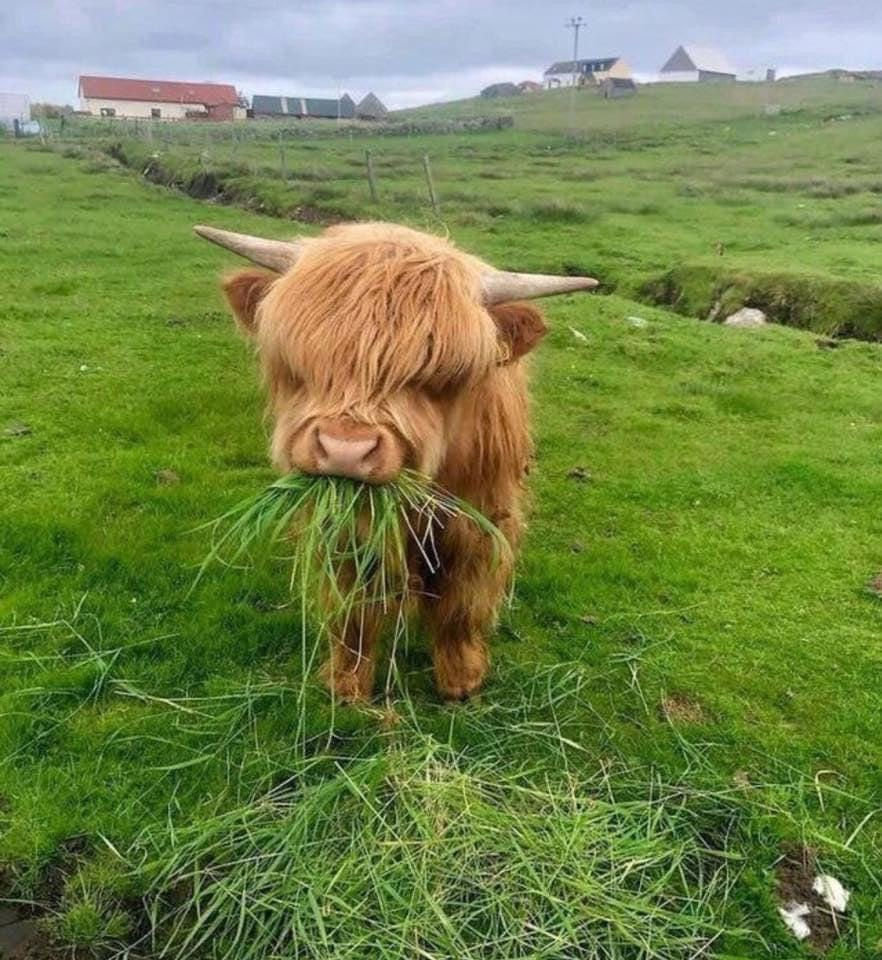Max Grant, James Bond, and Me
- sdmichalove
- Jun 14, 2021
- 4 min read
“Mr Bond, they have a saying in Chicago: 'Once is happenstance. Twice is coincidence. The third time it's enemy action'.”
― Ian Fleming, Goldfinger

When I started to write about Max Grant, former MI6 operative, I knew that he would have been influenced in his career choice by the Bond films.
I press my nose in again. “Why that cologne?”
“It was the cologne Ian Fleming used.”
“So, you did want to be James Bond.” I smirk.
“Of course. What boy wouldn't? The cars, the girls, high adventure in exotic places. And the toys. I loved the scenes with Q." A harsh edge seeps into his voice. "Not that being a spy is anything like that.”
Okay. A sore spot there. I shift back to the cologne. “Why didn’t your sisters like it?”
“They thought it wasn’t masculine enough. The combination of orange, bergamot, and lavender offended them.”
Max Grant, At First Sight

The first James Bond movie, “Dr. No,” was released in 1962. I was eleven and, while I went to movies all the time, the ones I remember from that year were “Jumbo,” “Gypsy,” “How the West Was Won,” “The Music Man,” and “The Wonderful World of the Brothers Grim.” Did I see “Dr. No”? Can’t remember. But I was reading the books by the time I was about thirteen. My parents were liberal about my reading, which meant that they never paid attention to the books I got from the library or bought with my babysitting money.

My grandmother made me return No Time for Sergeants when my grandfather incautiously agreed to buy it for me, and complained to my parents when we read Chaucer in high school. The only books that ended up being off limits were a couple of paperbacks that my dad hid in the bottom drawer of his desk, including Tobacco Road. And yet, he let me read Fanny Hill when we found a copy in the nightstand at a motel. We were both bored after less than fifty pages.
I remember getting a very generous gift card to Kroch’s and Brentano’s bookstore as a Christmas gift from one of my babysitting clients. Two of my choices were a James Bond novel (perhaps You Only Live Twice, which came out that year) and The World of Suzi Wong. Another was Alan Bullock’s Hitler: A Study in Tyranny. I think I was fourteen or fifteen.
I was an eclectic reader—the horse books that girls loved like National Velvet, Black Gold, Misty of Chincoteague. I read books on World War II—especially prison escape stories like Paul Brickhill’s The Great Escape, P. R. Reid’s The Colditz Story, and Eric Williams’ The Wooden Horse. Baseball books on legends like Bob Feller and Yogi Berra. And British crime novels of the Golden Age. I started reading Agatha Christie while I was still reading Nancy Drew, Cherry Ames, and Beverly Gray.

But I digress. The topic is, after all, James Bond. And by the time “From Russia with Love” came out in 1963, I was a fan. Needless to say (but I will anyway), when we went to see the Basilica Cistern in Istanbul in 2005, I loved the fact that the motorboat scene was filmed there. I read all of the Ian Fleming novels, but none of the continuations after his death. And eventually I stopped going to the movies too. I did see all the Sean Connery, Roger Moore, and the George Lazenby films, but only one each for Pierce Brosnan, Timothy Dalton, and Daniel Craig. By the time those movies came along, I had moved on.
James Bond had given way to the works of John le Carré, Len Deighton, and Frederick Forsyth. Richard Burton in “The Spy Who Came in the Cold,” Michael Caine in “The Ipcress File,” and Edward Fox in “The Day of the Jackal,” seemed more compelling and realistic. I was much older when I saw Rupert Everett and Colin Firth in “Another Country,” but its fictional portrait of Guy Burgess was a fascinating portrait of both the British class system and public schools in the 1930s, something in which I had developed an interest.
If James Bond no longer captured my attention, Ian Fleming still did. Fleming and food. His favorite dish was scrambled eggs. But it was the influence of the times on the food in the Bond books that interested me. In 2008, the British television program, “SuperSizers,” did a segment on that. It caught my eye a few years later when a friend and I facilitated a study group on food and food history. Start watching around the four-minute mark.
The books, and especially the films, have both reflected and shaped cultural perceptions for generations. James Bond is still a cultural icon. With a new film on the horizon and the never-ending speculation about who will be the successor to Daniel Craig, Bond will remain on the radar for a long time. So settle back with your Vesper martini, turn on some Bond music by John Barry, and check out the competition. And no, sadly Max’s doppelgänger, David Tennant, and my favorite, Matthew Goode, are not on the list. Neither is Idris Elba.





Comments